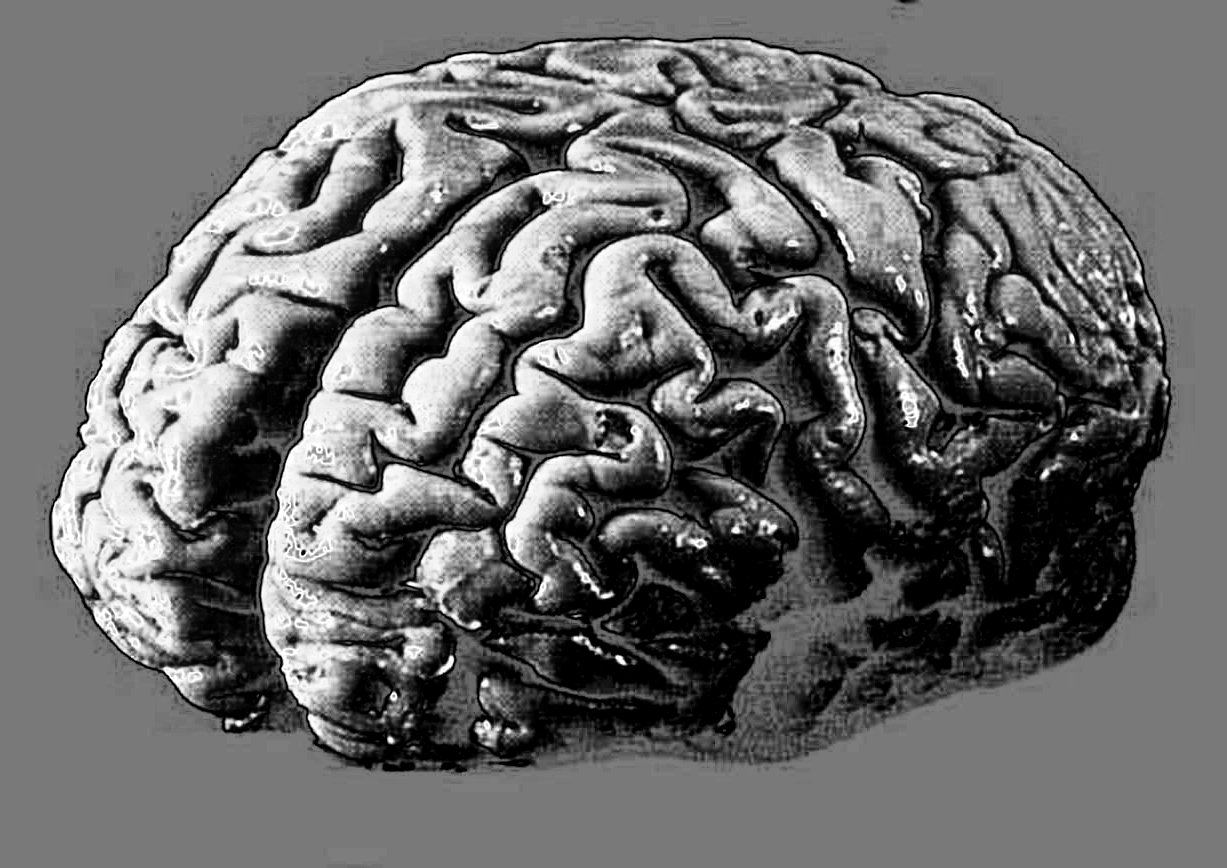Alzheimer's source studied
 Experts say 5 UK patients ‘caught’ Alzheimer's from deceased growth hormone donors.
Experts say 5 UK patients ‘caught’ Alzheimer's from deceased growth hormone donors.
In a groundbreaking study that has stirred the medical community, UK researchers have found that five individuals, treated with human growth hormones sourced from deceased donors during their childhood, developed early-onset Alzheimer's disease.
The study sheds light on the potential for medically acquired forms of Alzheimer's, sparking a reassessment of the disease's transmission risks and raising crucial questions about medical practices.
Between 1959 and 1985, approximately 1,848 patients in the United Kingdom received human growth hormone treatments extracted from cadaver-sourced pituitary glands, a practice that has since been banned.
This treatment led to the tragic outbreak of Creutzfeldt-Jakob disease (CJD), a fatal brain disorder linked to ‘mad cow disease’. Following these incidents, the treatment was halted globally.
Further investigations revealed that some of these individuals also exhibited amyloid-beta pathology, a hallmark of Alzheimer's disease, in their brains, though it was uncertain if Alzheimer's symptoms were present due to the overshadowing effects of CJD.
The study, published in Nature Medicine, focuses on eight patients who received this hormone treatment but did not develop CJD.
Five of these individuals experienced symptoms consistent with early-onset dementia, with symptom onset ranging from 38 to 55 years of age.
These symptoms met the diagnostic criteria for Alzheimer's disease, marked by progressive cognitive impairments severe enough to disrupt daily living activities. Autopsy studies in two patients confirmed the presence of Alzheimer's pathology.
The research shows Alzheimer's disease should be considered potentially transmissible under specific medical conditions, akin to CJD. This suggests Alzheimer's may manifest in sporadic, inherited, and rare acquired forms.
Notably, the study finds no evidence to suggest Alzheimer's can be transmitted through routine care or daily life.








 Print
Print